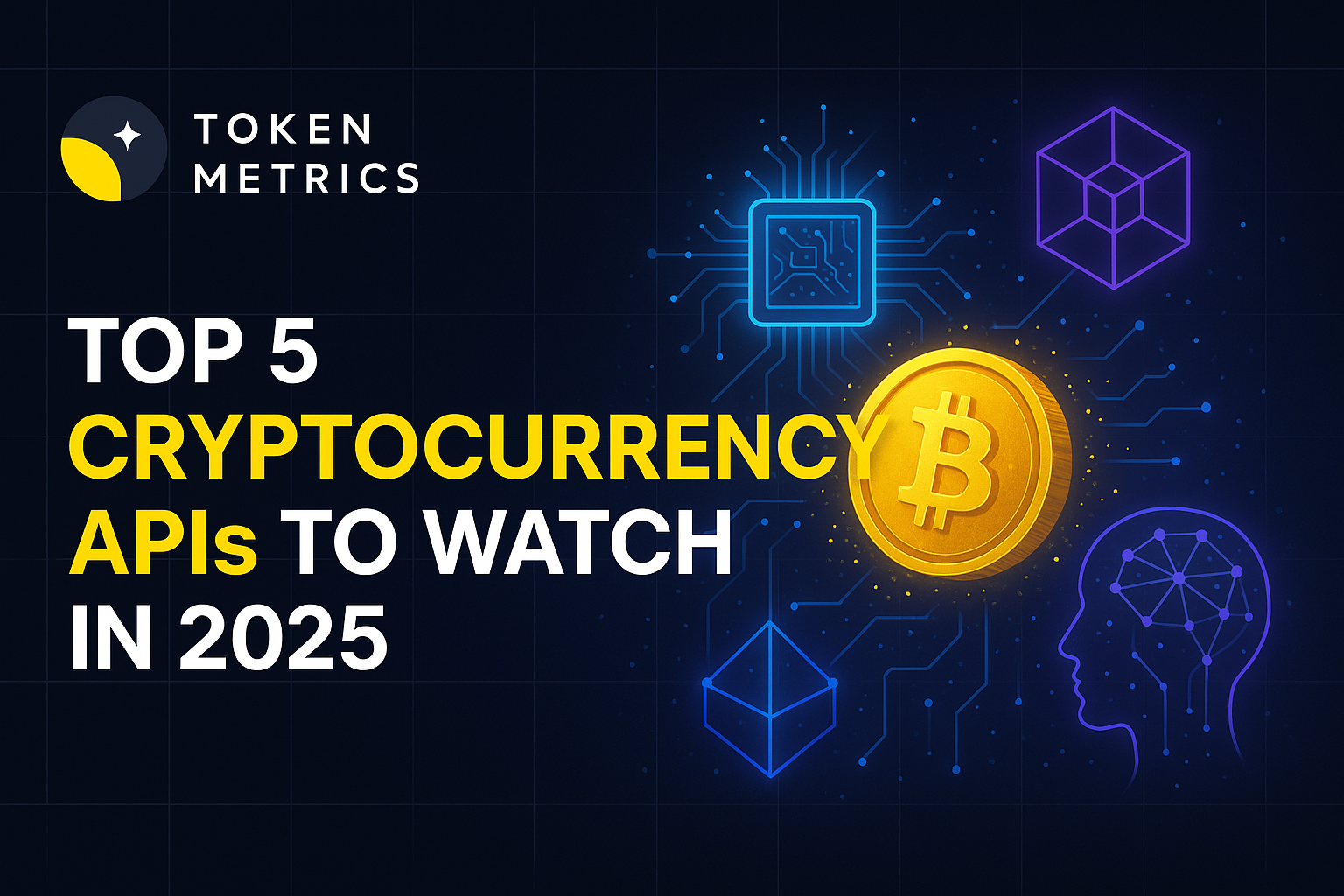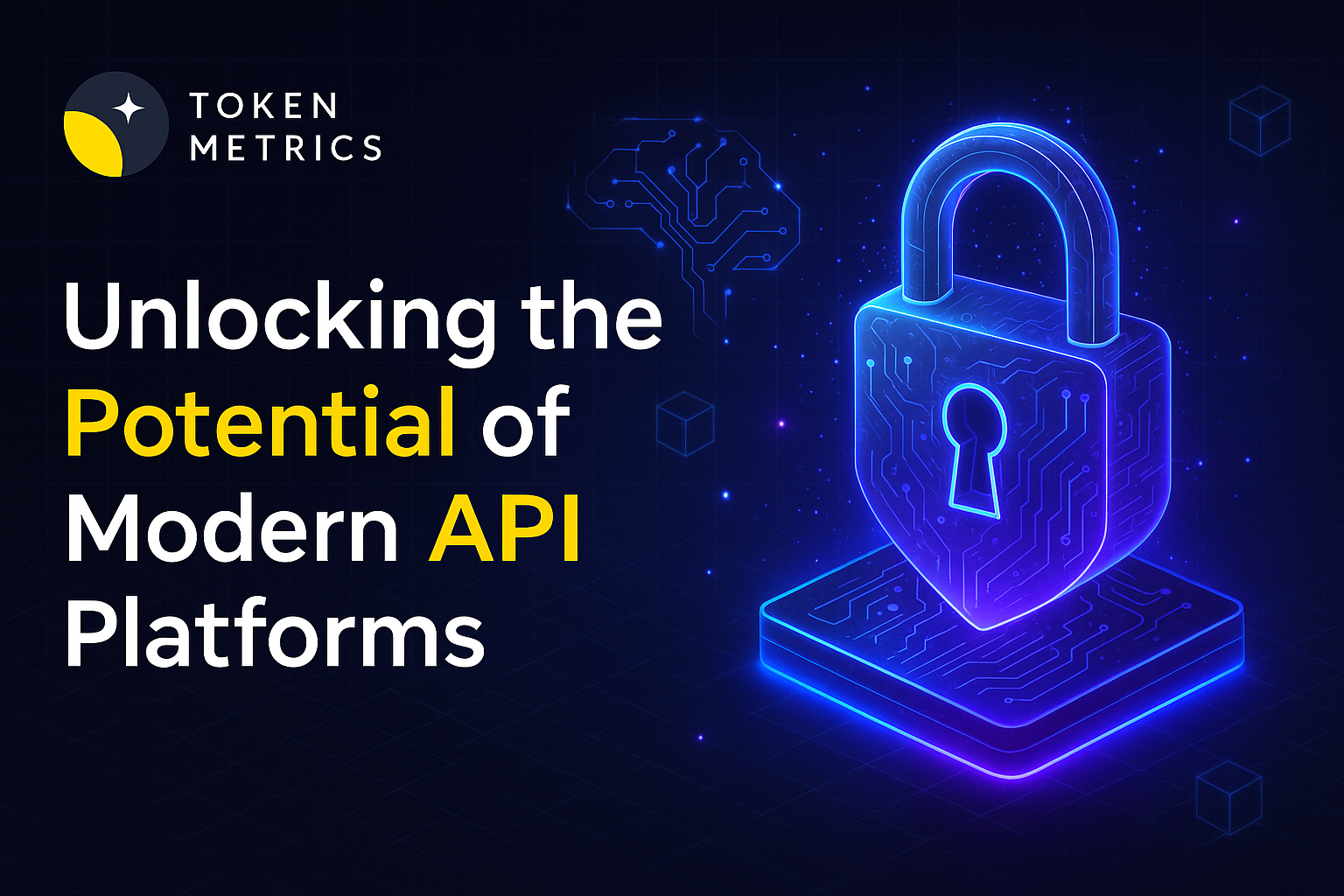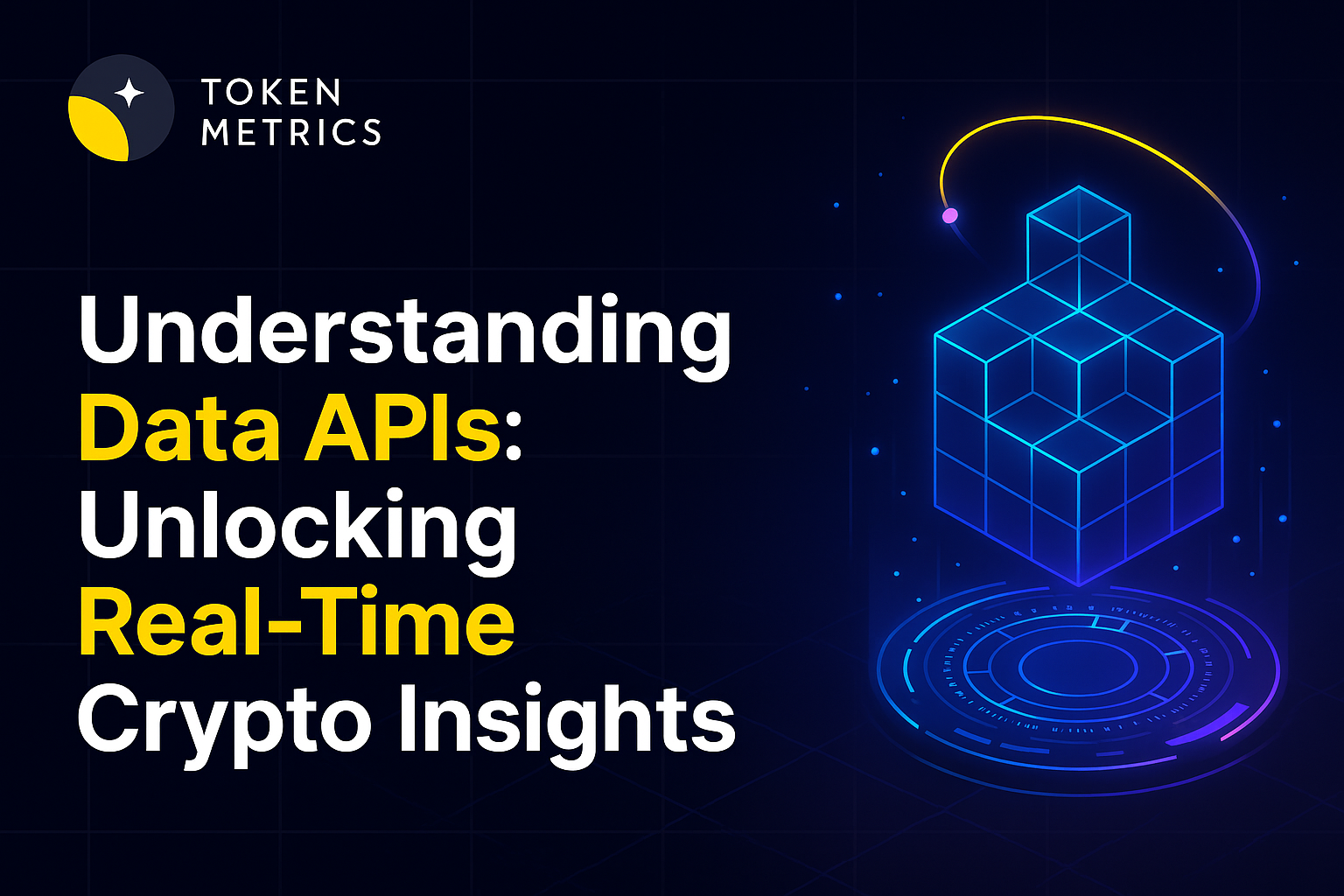Is Kraken Safe? - A Comprehensive Review

Cryptocurrency exchanges play a crucial role in the world of digital assets, allowing users to buy, sell, and trade various cryptocurrencies. One such exchange that has gained significant attention is Kraken.
With its established reputation and a wide range of features and services, many investors are curious to know: Is Kraken safe?
In this comprehensive review, we will delve into the security measures, fees, customer support, and overall usability of the Kraken exchange to determine whether it is a trustworthy platform for cryptocurrency trading.
Kraken: An Overview
Founded in 2011, Kraken is one of the oldest cryptocurrency exchanges in the industry. It has become a prominent player, offering a wide range of trading options and supporting over 200 cryptocurrencies.
Kraken stands out for its low trading fees, 24/7 customer support, and commitment to security. Let's take a closer look at these key aspects.
Trading Fees
One of the primary considerations for any trader is the cost associated with trading on an exchange. Kraken offers competitive trading fees that are among the lowest in the industry.
The fees are based on a maker-taker model, where makers provide liquidity to the market and incur lower fees, while takers remove liquidity and pay slightly higher fees.
The trading fees on Kraken start at 0.26 percent for takers and 0.16 percent for makers. However, as your trading volume increases, the fees decrease.
For example, if your monthly trading volume exceeds $10 million, you can enjoy zero percent fees for takers and 0.10 percent for makers. This fee structure makes Kraken an attractive option for high-volume traders.
Security Measures
When it comes to cryptocurrency exchanges, security is of utmost importance. Kraken takes security seriously and has implemented robust measures to protect user funds.
The exchange has never been hacked, which is a testament to its commitment to safeguarding customer assets.
Kraken employs a multi-layered security approach. The majority of user funds are stored in offline "cold" wallets, which are physically isolated from online systems and inaccessible to hackers.
Only a small portion of funds required for liquidity are kept in online "hot" wallets. Additionally, all wallets and data are encrypted, and Kraken undergoes regular security audits to ensure the highest level of protection.
Also Check - The Latest Offers from Kraken
Customer Support
Having reliable customer support is essential for any cryptocurrency exchange. Kraken distinguishes itself by offering 24/7 customer support.
Traders can reach out to the exchange's dedicated support team through live chat, email, or phone. The availability of phone support sets Kraken apart from many other exchanges, as it allows users to receive immediate assistance and resolve any issues they may encounter.
In addition to direct support, Kraken provides a comprehensive support library that covers various topics related to account setup, trading strategies, and security. This educational material helps both novice and experienced traders navigate the complexities of cryptocurrency trading.
Usability and Features
Kraken offers a user-friendly interface that caters to both beginners and experienced traders.
The exchange provides different order options, including simple, intermediate, and advanced, allowing users to choose the level of complexity that suits their trading preferences. The platform also offers a mobile app, ensuring traders can access their accounts and execute trades on the go.
For advanced traders, Kraken offers margin trading with leverage of up to 5x. This feature amplifies traders' potential gains but also carries higher risks, so caution is advised.
Additionally, Kraken provides a wide selection of cryptocurrencies for trading, making it suitable for traders seeking exposure to various digital assets.
Is Kraken Safe?
Now that we have explored the key features of Kraken, let's address the primary question: Is Kraken safe? The exchange has implemented several security measures to protect user funds and ensure a secure trading environment.
Commingling of Funds
One of the concerns raised by the Securities and Exchange Commission (SEC) is the alleged commingling of customers' funds with Kraken's own funds.
The SEC argues that this practice poses a significant risk to customers. However, Kraken disputes these allegations and is currently fighting the charges in court.
While the outcome of this legal battle remains uncertain, it is important to note that Kraken has never experienced a security breach or loss of customer funds.
The exchange's security track record and commitment to protecting user assets should reassure traders.
Security Audits and Compliance
Kraken is known for its proactive approach to security and compliance. The exchange conducts regular security audits, not only for its own systems but also for new cryptocurrencies and crypto security devices.
By thoroughly vetting new listings, Kraken ensures that only secure and reputable assets are available for trading on its platform. Moreover, Kraken is a regulated exchange that complies with rules and regulations in all supported jurisdictions.
It is registered as a Money Services Business (MSB) with FinCEN in the United States and FINTRAC in Canada and regulated by the Financial Conduct Authority (FCA) in the United Kingdom. These regulatory measures contribute to the overall safety and trustworthiness of the exchange.
Conclusion: Is Kraken Safe?
Our comprehensive review shows Kraken appears to be a safe and reputable cryptocurrency exchange. The combination of low trading fees, robust security measures, 24/7 customer support, and regulatory compliance makes Kraken an attractive choice for cryptocurrency traders.
While the ongoing legal battle with the SEC raises some concerns, it is important to note that Kraken has managed to avoid any significant hacking incidents and has a strong track record of protecting user funds.
However, it is worth mentioning that there are grievances from users on internet forums regarding compromised personal accounts on Kraken.
Traders should exercise caution and conduct their own due diligence before engaging in any trading activities, but overall, Kraken can be considered a reliable platform for cryptocurrency trading.
Please note that investing in cryptocurrencies carries risks, and it is essential to stay informed and make informed decisions based on your personal risk tolerance and financial circumstances.
Disclaimer
The information provided on this website does not constitute investment advice, financial advice, trading advice, or any other advice, and you should not treat any of the website's content as such.
Token Metrics does not recommend buying, selling, or holding any cryptocurrency. Conduct your due diligence and consult your financial advisor before making investment decisions.
Create Your Free Token Metrics Account

.png)




%201.svg)
%201.svg)


%201.svg)










.svg)




.png)